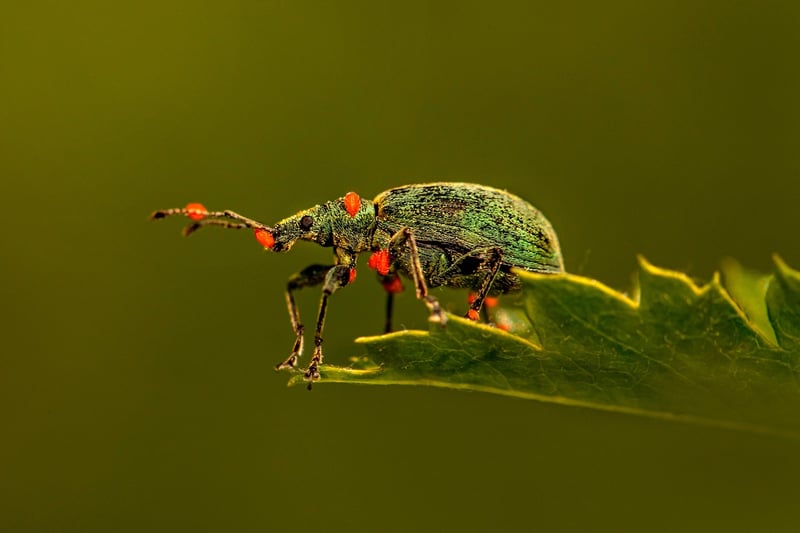Natural Pest Repellents
Protecting Vertical Gardens from Pests + Natural Pest Repellents
Introduction to Vertical Gardens
Vertical gardens are a fantastic way to bring greenery into urban spaces, but they can also attract pests that may damage your plants. It's essential to protect your vertical garden from these unwanted visitors to ensure your plants thrive.
Common Pests in Vertical Gardens
Some common pests that may target vertical gardens include aphids, spider mites, whiteflies, and caterpillars. These pests can cause damage to your plants by feeding on them or spreading diseases.
Protecting Your Vertical Garden
Here are some tips to protect your vertical garden from pests:
- Avoid over-watering your plants as this can attract pests.
- Regularly inspect your plants for any signs of pest infestation.
- Introduce beneficial insects like ladybugs or lacewings that feed on pests.
- Prune any damaged or diseased plant parts to prevent the spread of pests.
- Use physical barriers like mesh or row covers to keep pests away from your plants.
Natural Pest Repellents
Instead of using chemical pesticides that may harm beneficial insects and the environment, consider using natural pest repellents:
- Neem oil: Effective against a wide range of pests and safe for most plants.
- Diatomaceous earth: A natural powder that can help control pests like ants, aphids, and beetles.
- Garlic spray: Repels pests like aphids, caterpillars, and spider mites.
- Peppermint oil: Deters pests and has a pleasant scent.
Conclusion
By taking proactive steps to protect your vertical garden from pests and using natural pest repellents, you can ensure that your plants remain healthy and vibrant. Embracing these eco-friendly practices will not only benefit your garden but also the environment as a whole.

For more information on vertical gardening and pest management, check out Gardening Know How.
